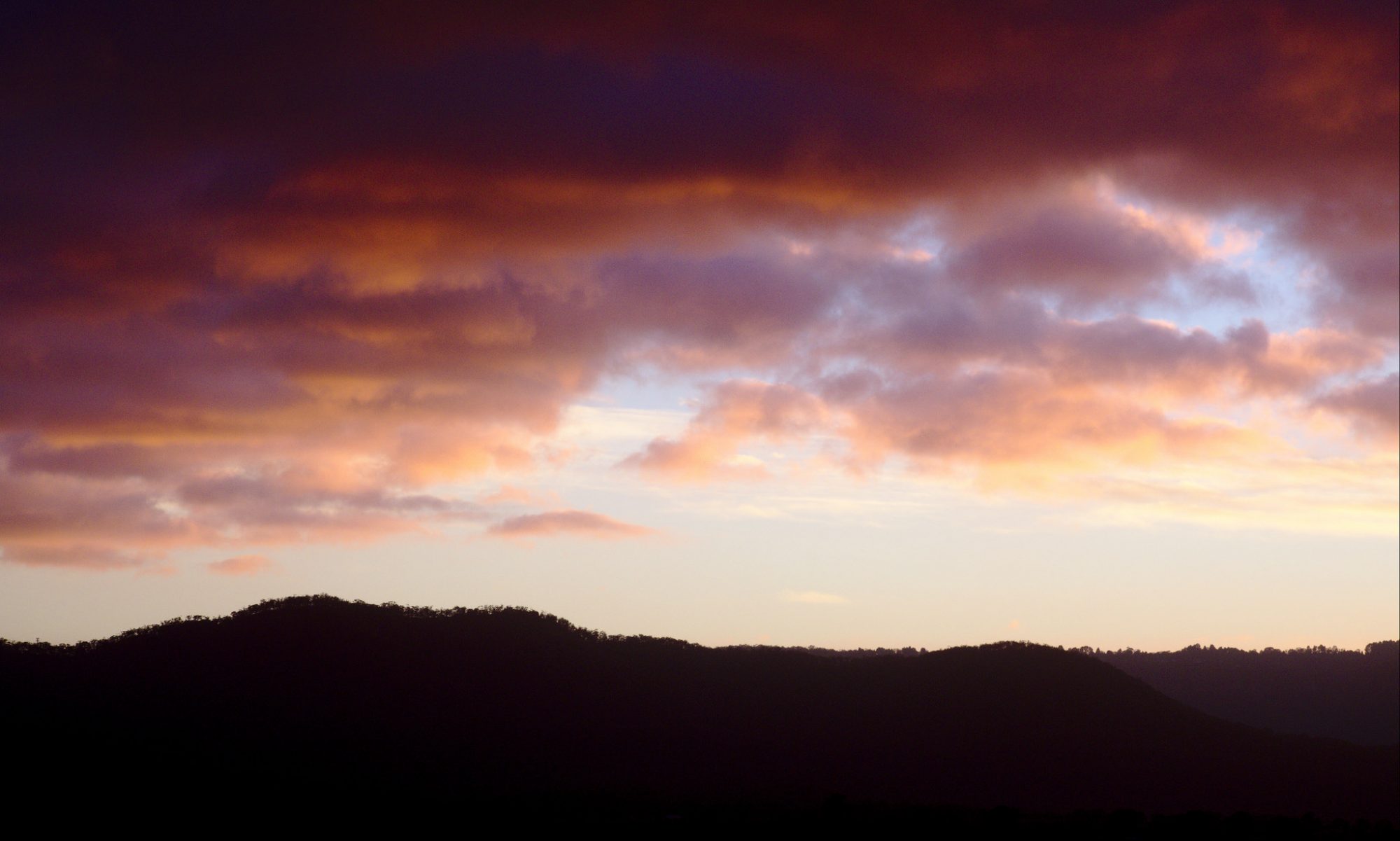This article originally appeared on Hoyden About Town.
Welcome! This post is the 92nd monthly Down Under Feminists Carnival. This edition of the carnival gathers together December 2015 writing of feminist interest by writers living in Australia and New Zealand. Thanks to all the writers and submitters for making this carnival enraging, sorrowful, celebratory, and joyous in different ways and at different times.
Highlighted new(er) Down Under voices
I’ve highlighted posts that come from people who began been writing at their current home in 2015, such posts are marked with (new in 2015) after the link.
This carnival observes the rule that each writer may feature at most twice.
Race, ethnicity and racism
Celeste Liddle was angry that Andrew Bolt of all people will be centered by the ABC in the constitutional recognition of indigeonous people debate.
The inquest into the August 2014 death of Ms Dhu in custody in continued in early December (now to resume in March). December writing about Ms Dhu’s death and the inquest included:
- Deaths in Custody Watch Committee, Campaign update
- Ruth Barson, Ms Dhu inquest: Western Australia must come to terms with some hard truths
- Sam Connor, Wirla
- Paddy Gibson, Inquest exposes brutal police contempt that killed Ms Dhu
- Kelly Somers, Nobody cares
Stephanie explored peak white person in travel writing about drug tourism to Colombia.
Bodies
Australian feminist bike zine 3rd Gear launched, with Issue #1 available and Issue #2 calling for submissions (new in 2015).
Catherine Womack swam at McIver’s Baths in Sydney; a women-and-children space.
Ashleigh Witt asked why private health insurers in Australia won’t pay for contraception?
Jo Tamar detected classist overtones in the reporting of bulk-billed IVF treatment in Australia.
Kath asked for marketing of plus-sized clothes that is unashamed and aspirational, using models in the size range of the clothes.
Rebecca shared educational information about breast cancer after another treatment.
Workplace
Stephanie made fun of the silly IBM #hackahairdryer campaign.
Deborah observed that there are more men named David running NZX-listed firms than there are women.
Harassment and abuse
Brydie Lee-Kennedy discussed her experience in the Australian comedy community as a domestic abuse survivor.
On December 1, Clementine Ford shared abusive messages she’s received online. In the followup Kerri Sackville kicked off a Twitter campaign sharing the names of men who send abusive messages on the #EndViolenceAgainstWomen hashtag. Other writeups include:
- Libby-Jane Charleston, End Violence Against Women: Name And Shame Abusive Men on Twitter
- Leena, Why Courageous Jack Kilbride Is Not The Answer
- Pip Lincolne, End Violence Against Women
- megpie71, In Response to the Furore re: Clementine Ford
- No Place For Sheep, Naming and shaming
- Kellie Scott, #EndViolenceAgainstWomen: Secret Facebook group names men it says troll women online
- Rebecca Shaw, Why the world needs a secret underground female mafia
Clementine Ford, Van Badham, Lou Heinrich and Hoyden‘s own Viv Smythe spoke to Tanya Ashworth about optimism in the face of online abuse and Viv followed up about her feminist burnout.
Lauredhel invited people to resolve to oppose rape culture in 2016.
Deborah Russell condemned NZ PM John Key’s participation in a prison rape joke.
Relationships
Emily wrote about the myth of “spoiling” children by being kind and compassionate (new in 2015).
Celeste Liddle celebrated seven years of singledom.
Jo Qualmann reflected on her experiences being aromantic and asexual in a relationship.
Sky Croeser collected intersectional and anti-capitalist resources on solidarity and healing.
Media and culture
Doctor Who Season 9 wrapped up and Liz Barr mostly but not entirely liked the final three episodes.
Daily Life announced their Women of the Year finalists, with the eventual awardee being Australian Human Rights Commission President Gillian Triggs.
Scarlett Harris looked at women’s friendships in two media phenomenons: Taylor Swift’s performed-friendships and in Grey’s Anatomy.
Ju wrapped up her 2015 Australian Women Writers Challenge reading and reviewing.
Anna Kamaralli drew out less-recognised abusive parenting themes in King Lear.
Year end
2015 retrospectives included: Emily (new in 2015), A.C. Buchanan, Avril E Jean, and Rebecca.
New sites
Blogs and sites started in 2015 featured in this carnival were:
Next carnival
The 93rd carnival will follow at Zero at the Bone. Submissions to chally.zeroatthebone [at] gmail [dot] com by 2nd February 2016.
Volunteers are needed to host carnivals from April onwards. Volunteer via the contact form.


